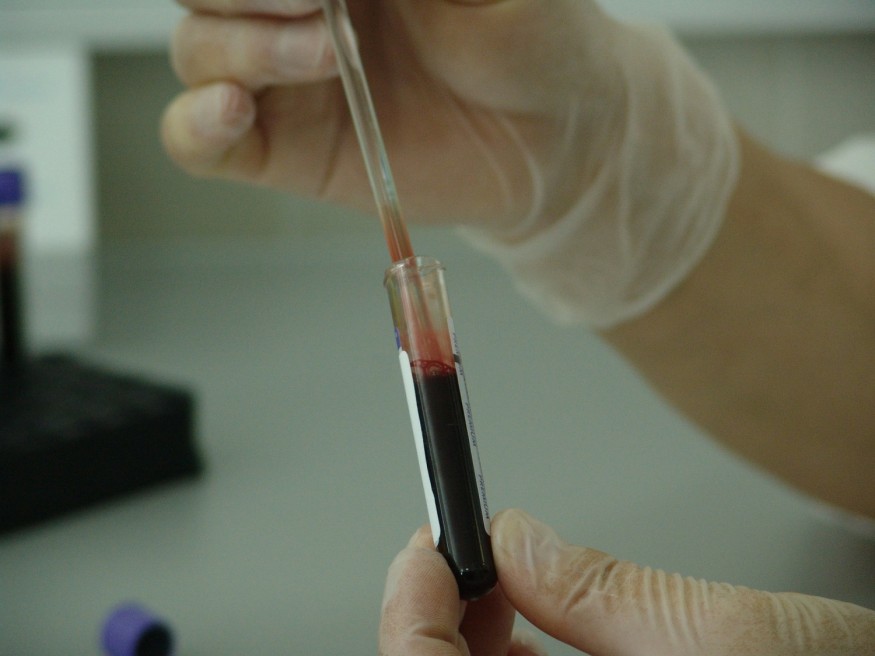
Just this week, coronavirus (COVID-19) cases in the United Kingdom (UK) have risen steeply, resulting in an extensive panic about the widespread of the illness which is now categorized as a pandemic.
To date, a new study claims that a person's blood type may possibly influence the possibility of catching infectious diseases. Specifically, the Zhongnan Hospital of Wuhan University researchers has shown that people who have blood type A are likely to be more susceptible to COVID-19 than those with other blood types like the blood type O, for one.
In this particular research, the researchers carefully examined "2,173 COVID-19 patients which included 206 people who died after they contracted the virus."
Relatively, they discovered that while Type O blood is more typical in the general population compared to Type A blood, in coronavirus, people who have Type O blood accounted for only 24 percent, while Type A-blooded people made up of 41percent.
In their study which medrxiv published, the researchers with Jiao Zhao as the research head indicated that "Blood group O was" linked to a lower death risk, than the non-O groups. Contradictory, the group with members who have blood Type A was linked to a higher death risk, compared to the non-A groups.
Heightened Protection
Based on their results, the researchers recommend that people who have blood Type A may need "heightened personal protection," adding that they might need a specifically strengthened personal care to reduce their chance to be infected.
They also said that patients who were infected by "Sars-CoV-2" with blood type A might need to receive too, a more watchful observation and forceful treatment." Nevertheless, it is essential to note that "the sample size" in the research is fairly small and larger-scale research studies are needed for the findings to be properly validated.
Moreover, researcher, Gao Yingdai, from the State Key Laboratory of Experimental Haematology in Tianjin, explained that this research may be beneficial to medical or health professionals, although, ordinary citizens need to take the statistics very seriously. He added that, if a person is Type A, one needs not to panic.
This does not necessarily mean he'd be infected, a hundred percent. And someone who is Type O does not necessarily mean he is absolutely safe from the illness. Hand-washing is still the key, to avoid being hit by the pandemic disease.
Following guidelines that the authorities issued are another key. People who have blood Type A, the researcher shared, is also likely to be susceptible to infection by COVID-19, while people with Type O appear to be more resistant.
It may have been mentioned that the 'sample-size' was fairly small, the over 2,000 patients were definitely not small. In fact, it is dwarfed by the total number of patients affected by COVID-19, which has now exceeded 180,000 worldwide.
Another restriction of this research was that a clear explanation about the pandemic was not provided. For instance, the molecular interaction between the various red blood types and the virus was not provided in the study.











